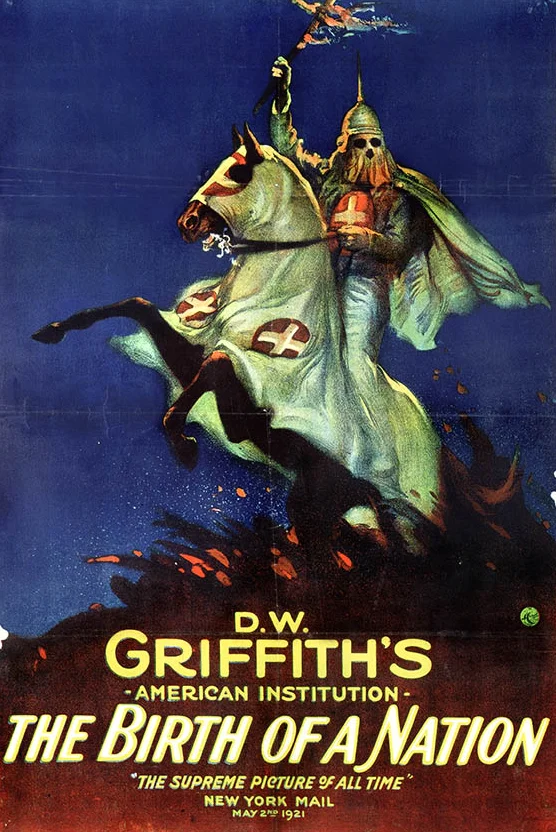On B List of Movie Reviews
(For optimum viewing, adjust the zoom level of your browser to 125%.)
The Birth of a Nation (1915)
Rate:
10
Viewed:
5/05, 9/08

5/05:
After seeing The Birth of a Nation, Woodrow Wilson famously said, "It is like writing history with lightning, and my
only regret is that it is all so terribly true."
Whether the quote is true or not is besides the point. The film's place in the annals of cinema is undeniable. It forever
changed how movies were made. Hence, D.W. Griffith is the father of film.
It's understandable that modern viewers will find The Birth of a Nation terribly boring. But they must realize
there was nothing like it before. The director discovered ways to tell a coherent story, which has been the standard since then, and took
advantage of the power of editing that became fully realized by Sergei Eistenstein in
Bronenosets Potyomkin.
All in all, The Birth of a Nation is film history.
9/08:
The Birth of a Nation may be the most important made in the history of cinema because it completely altered
the way how movies were made.
All great films can trace their origins to The Birth of a Nation because it was the first to tell a cohesive story, the
first to use film as a medium of art, the first to go longer than ten minutes and still succeed in sustaining people's attention,
the first epic picture, the first to use special effects, the first to use the concept of narration, the first to engender
controversy, the first to be very financially successful, the first to showcase many filmmaking techniques, the
first to rely on something else than the cast to carry the film, and the first to be screened at the White House.
Yes, it's been nearly a century since the silent film was made, and the excitement of watching it has gone
down tremendously. But it's impossible to judge the seminal piece of work because it had no peers to begin with.
All in all, when D.W. Griffith made The Birth of a Nation, he was far ahead of his time.